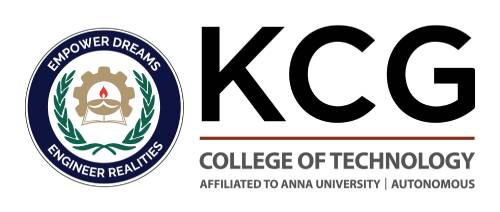Internet of Things: The Next Big Tech Boom
The Internet of Things (IoT) has emerged as a transformative technology, connecting the physical and digital worlds to create a seamless ecosystem of devices and systems. The widespread adoption of IoT in India has the potential to drive economic growth by creating new business opportunities, increasing productivity, and enhancing efficiency across various sectors. IoT-based solutions can lead to cost savings, resource optimization, and improved decision-making capabilities.
IoT can improve the quality of life for Indian citizens by offering solutions that address challenges such as traffic congestion, pollution, energy management, and public safety. Smart homes, intelligent transportation systems, and connected healthcare devices are just a few examples of how IoT can positively impact daily life. IoT enables real-time monitoring and management of resources, including energy, water, and waste. By optimizing resource usage, IoT can contribute to sustainable development and help India achieve its environmental goals. IoT enables intelligent automation and optimization of industrial processes, leading to increased productivity, reduced downtime, and improved safety. IoT enables the creation of smart cities by integrating various components such as smart infrastructure, energy management, traffic optimization, and waste management systems. This technology has the potential to enhance the quality of life, improve resource utilization, and enable efficient governance.
If you aspire to work in the exciting realm of IoT, it is essential to acquire the right skills and knowledge. KCG College of Technology, ranked among the Top Engineering Colleges in Chennai, offers several Engineering Courses that will help you build a successful career in IoT.
B.E. Computer Science and Engineering:
A strong foundation in Computer Science and Engineering forms the bedrock of IoT expertise. Our curriculum places a strong focus on subjects such as programming languages, data structures, algorithms, and computer networks. We also emphasize hands-on learning to help students understand how systems communicate and exchange data is vital in designing and implementing IoT solutions.
B.E. Electronics & Communication Engineering:
IoT devices often require a combination of hardware and software expertise. Our program helps students to gain knowledge in electronics, microcontrollers, sensors, and actuators and wireless communication technologies like Wi-Fi, Bluetooth, and cellular networks.. Students also learn about embedded systems, which involve programming and integrating software into devices, which will enable them to develop and deploy IoT devices and systems.
B.Tech. Artificial Intelligence & Data Science:
IoT generates vast amounts of data that require analysis to extract valuable insights. Our programs provides a deep understanding of data analytics techniques, including statistical analysis, data visualization, and predictive modeling. Our students also gain proficiency in machine learning algorithms to create intelligent IoT systems that can adapt and make data-driven decisions.
In conclusion, the scope of Internet of Things in India is vast and transformative. From smart cities to precision agriculture, IoT has the power to revolutionize industries, enhance quality of life, and drive economic growth. The Fourth Industrial Revolution, often referred to as Industry 4.0, is characterized by the integration of advanced technologies like IoT, AI, cloud computing, and big data analytics. As India embraces digital transformation, IoT professionals are in high demand to drive this revolution and help businesses harness the power of connected devices and data.
https://www.industrialautomationindia.in/articleitm/11220/IoT-Technology-in-India/articles
https://www.sciencedirect.com/science/article/abs/pii/S0740624X18300339








